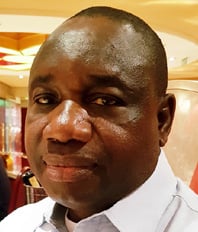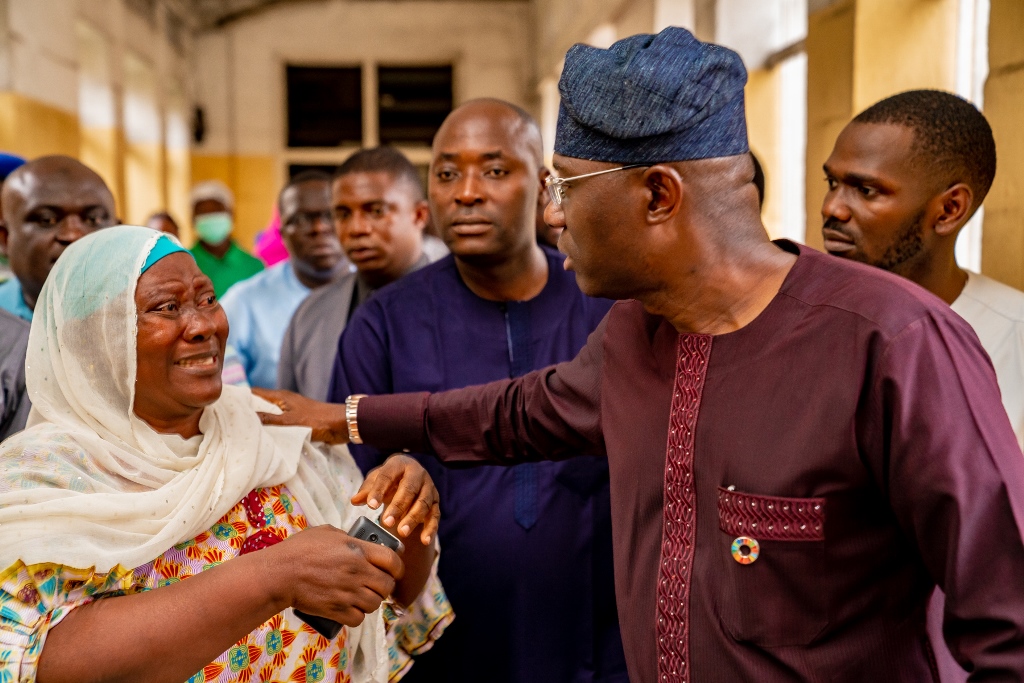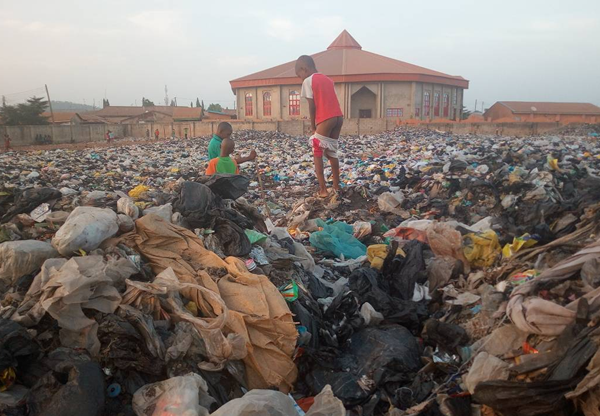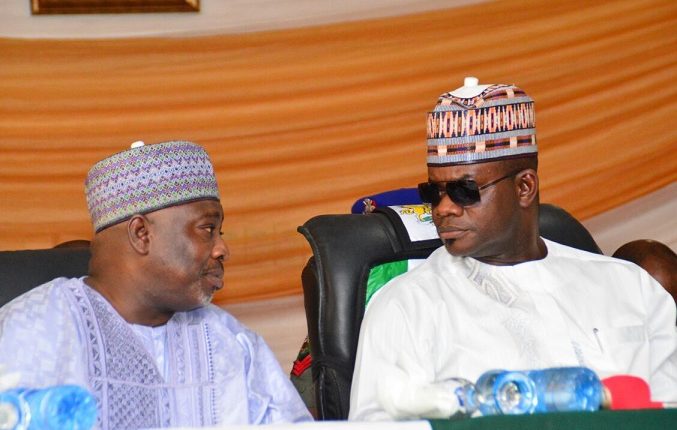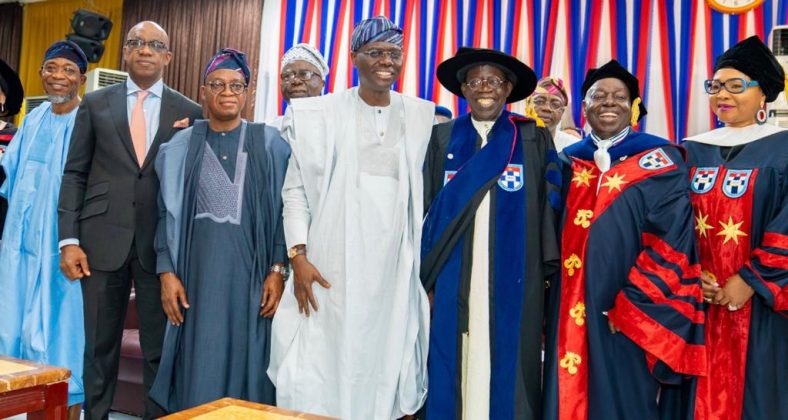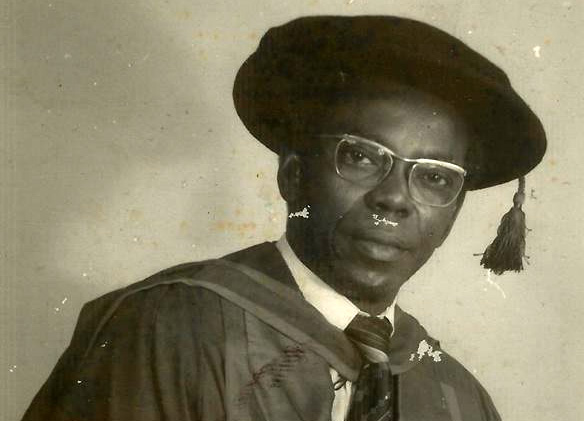I LOVE Lagos. Who doesn’t?
Forget the grinding traffic jam, the ever-bustling bus stops, the noisy markets and all those discourteous motorcyclists, who are a big pain in the neck. And the street urchins. Forget them all for a while.
Let’s sing our own sweet song instead.
Africa’s largest city, home of financial and business giants, who won’t ever leave because their investments are flourishing here like those palm trees standing majestically on the beautiful beaches surrounding the city, and land of huge opportunities. Lagos keeps attracting people like bees to honey.
Advertisement
A burgeoning population of about 22million (many claim this estimate is not in tune with today’s reality), Nigeria’s smallest state sits on a land mass of about 3,577.28sq. km. Of this, 779.56sq km is wetland. About 6000 people enter the city daily, armed with only one thing – that intangible phenomenon called hope – and ready for the often tough battle to find the Lagos Dream.
There are over 5 million cars and 200,000 commercial vehicles on the roads every day; the national average is 11 vehicles per kilometer. Lagos crashes the scale at 227 vehicles per kilometer daily.
When many of the state’s 6000 roads fall into disrepair, there is bound to be some discomfort to residents. Unfortunately. But that is no reason for some sections of the foreign media to run down Lagos. Foreign businesses make so much money here. They are ever eager to invest their resources here because the return on investments is amazing.
Advertisement
When foreign reporters fly into Lagos and encounter a traffic jam, they write of their experience often in emotional and superficial terms. Sometimes, they do so with mischief on their minds. It all gets pesky when the local media parrot such views that are often based on questionable facts and figures.
A US News report (February 12, 2019) titled “Cities with the world’s worst traffic congestion,” stated that Moscow commuters lose nearly nine days a year sitting in city traffic. Drivers spent an average of 210 hours in peak rush hour periods last year. Moscow snatched the trophy for the most traffic congested city in the world last year, according to a yearly scorecard prepared by INRIX, a data analytics company that delivers insight into how people move around the world.
London came in at number 6, beaten by Istanbul, Bogota, Mexico City and Sao Paulo. Boston occupied the eighth place and Rome placed 10th.
The traffic situation in New York, Chicago, Rio de Janeiro and some other cities is often at least as frustrating as that of Lagos. Why then do reporters from such places make a song and dance about the Lagos situation?
Advertisement
However, dear compatriots, the Babajide Sanwo-Olu administration will not accept that as the standard by which Lagos should be judged. He was fully apprised of the enormousness of the situation and the critical importance of free-flowing traffic in the megalopolis.
It comes as no reprise, then, the first item on the THEMES Agenda – the six pillars on which the administration’s development plan stands – is Traffic Management and Transportation.
The monstrous traffic will not be reined in overnight. But reined in, it will be. Technology, management expertise and other resources will be brought in and residents will be motivated to develop a new orientation that will bury the spirit of impunity that sets traffic laws at nought.
Sanwo-Olu figured in the headlines early this month when he rallied some construction giants to launch a frontal battle against potholes that have made driving on many roads a nightmare. Julius Berger. Arab Contractors. Hi-Tech. China Civil Engineering Construction. RCF. And others. The job is on. Soon, many roads will be smooth again. First a makeover. And then Operation 116 under which 116 roads will be fixed by some 60 teams working simultaneously will be in full swing.
Advertisement
Potholes slow down traffic and, sometimes, it all grinds to a halt. But we must not lose sight of those commercial bus drivers who are forever turning traffic laws on their heads. Motorists and motorcyclists drive and ride against the traffic. LASTMA, the traffic management agency, doesn’t have the legal muscle to punish traffic law breakers. The police do. Are they doing the job? Doubtful. Does the state have the power to tell them what to do? No. They are a Federal institution that reports to Abuja.
Lately, nature has been so ferocious – globally. The effects of the climate crisis have come upon us all. Rains have been pounding Lagos relentlessly, flooding many parts of the city. The drains are struggling to cope with what has become the heaviest October downpour in years. The results of years of dumping refuse into drain channels are here, but several teams are working at the same time to free the clogged channels. In the end, it is the residents who bear the distressing and sometimes life-threatening consequences. They owe it to themselves not to dump refuse in drainage channels.
Advertisement
Many critics have latched onto the traffic situation and the bad roads to lash the Sanwo-Olu administration, accusing it of incompetence. I do not blame them. Who will spend hours in the traffic and not be angry? The road is a resident’s and a visitor’s first contact with the authority. It creates a vital impression in the mind.
Even as we vent our anger and frustration, some introspection seems pertinent. It is well to remember that an administration that rode into power on the wings of a huge mandate will allow its goodwill to be buried in potholes.
Advertisement
The Sanwo-Olu administration has been working quietly in many other areas. It is determined to see that trains move in Lagos by completing the multi-billion naira Blue Line that has suffered some setback for financial and other reasons.
A revolution is on the way in primary education. The thinking is that once we get the foundation right the future of our children is assured. Teachers will be trained and re-trained and be made to love their job. Pupils will be exposed to the use of technology at that early stage to enhance learning and make it fun.
Advertisement
The health sector is already feeling the impact of the administration. A 110 -bed Maternal and Child Care Centre has been opened in Sangotedo. Residents are excited. Maternal and infant mortality is being tackled. But the more exciting news is that the centre will soon become a General Hospital.
A 140-bed facility was opened in sprawling Alimosho, a project delivered in conjunction with the Federal Government. More hospitals are on the way. More than 25,000 residents had free treatment and surgery, courtesy of the Healthy Bee Initiative.
A housing estate has been commissioned in Igando, named after the first civilian governor, the revered Alhaji Lateef Kayode Jakande. Another massive estate, long abandoned, will be finished in Sangotedo. Others are in the works in Ikorodu, Igbogbo and others. Work has started again on the Lagos-Badagry Expressway.
No bank vaults have been smashed by robbers since Sanwo-Olu mounted the saddle. Many things go on in the background to ensure that Lagosians sleep tight at night. The Lagos State Employment Trust Fund (LSETF) is being strengthened in a bid to take many youths out of unemployment. So popular was the N4b W-Initiative for women that, at its disbursement, Access Bank, the partners, raised the fund to N10b.
The 32metric tons per hour capacity Integrated Rice Mill in Imota start running in the first half of next year. This will, no doubt, ease the present scarcity. of rice. Some 32,000 hectares will be acquired in seven states for rice cultivation. The 70,000 gallons per day Adiyan Waterworks is being revived as part of the moves to meet up with the Sustainable Development Goals. Nigeria is 15 places up in the Ease of Doing Business ladder – thanks mainly to developments in Lagos, Nigeria’s business and financial honey pot.
Some reporters have asked me to speak on the state’s finances. “Is Lagos broke? We hear the state can’t meet its obligations.” The state is meeting its financial obligations, but it can always do with more money, considering its gargantuan challenges.
“Why are you borrowing, despite your huge debt profile?”
“Borrowing isn’t bad, particularly when it is for specific projects that will enhance our people’s living condition and boost our economy. Besides, the state’s GDP-to- debt ratio is well within our capacity to manage.”
The Sanwo-Olu administration stands solidly by its promise of a Greater Lagos. It will deliver. I won’t join those who deride Lagos and scorn the city even as they make their fortune here and raise their families here. I’ll keep singing – and swinging – Lagos.
It is all like building a house. After the drawing, the engineers will move in, clear the site and you start building. In clearing the site, some workers may get hurt. When it is all built up and bathed in seductive paints, many will start making inquiries. Who owns this palace? Is it for let? Is it for sale? How much? Questions and more questions. Everybody wants to live in a beautiful home.
This will, no doubt, be the story of Sanwo-Olu’s Lagos.
Omotoso is the Lagos state commissioner for information and strategy.
Views expressed by contributors are strictly personal and not of TheCable.
Add a comment
